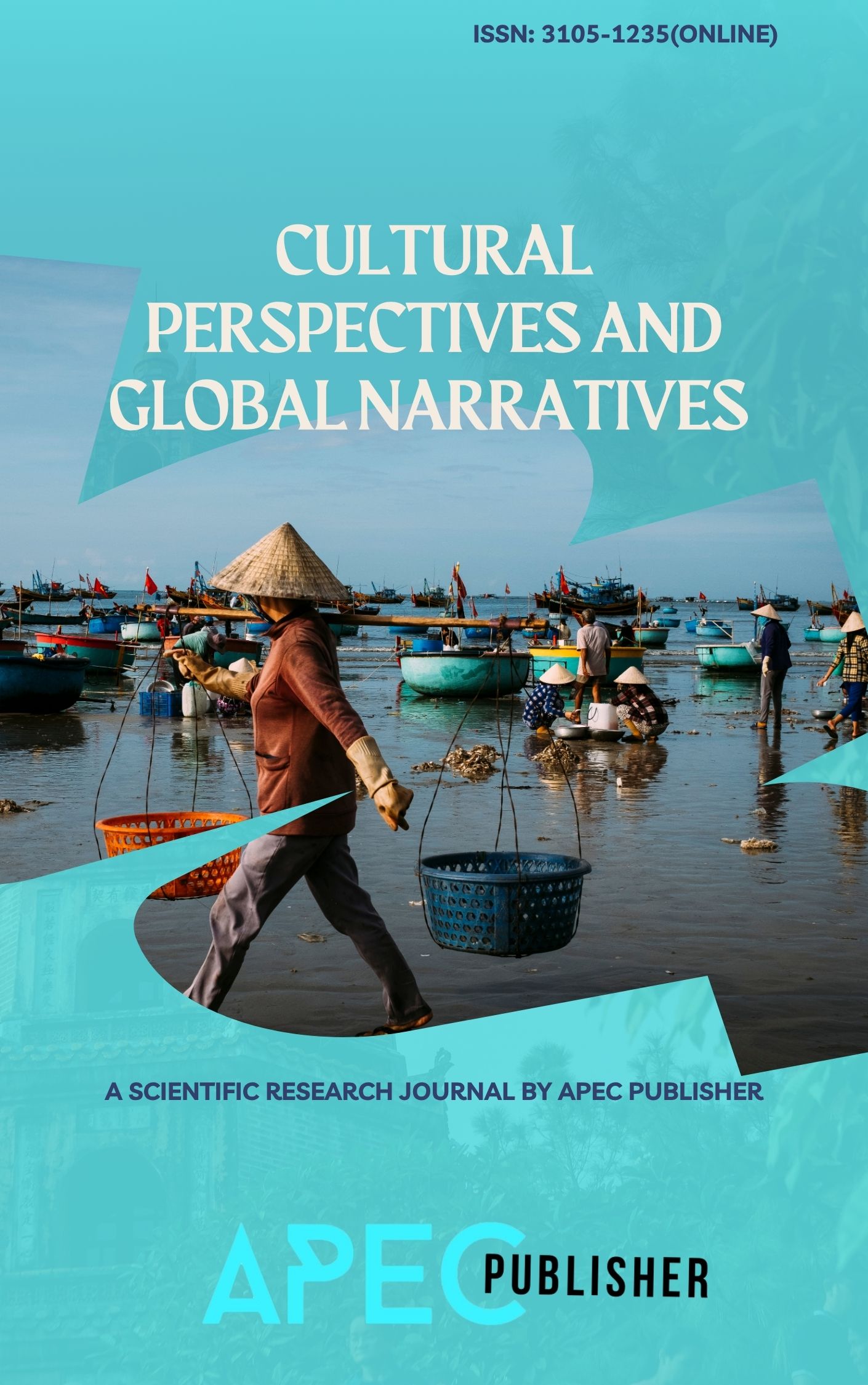Globalization and the Erosion of Indigenous Narratives: A Critical Study of Language Loss and Cultural Displacement
This research critically examines the multifaceted relationship between globalization and the erosion of indigenous narratives, focusing on the interconnected processes of language loss and cultural displacement. Through a decolonial theoretical lens and analysis of diverse case studies, the study demonstrates how globalizing forces including linguistic imperialism, neoliberal policies, and digital monoculture accelerate the disintegration of indigenous knowledge systems encoded in ancestral languages. Quantitative data reveals that 40% of the world’s approximately 7,000 indigenous languages face extinction threats, precipitating irreversible cultural erosion. The findings illuminate three primary pathways of narrative erosion: epistemicide through education systems privileging dominant languages; territorial dispossession severing place-based knowledge transmission; and digital inequities in technological infrastructures. Crucially, the research documents indigenous resilience through revitalization movements deploying innovative digital archives, immersive language nests, and transnational advocacy networks. These strategies assert narrative sovereignty as both resistance and cultural regeneration. The study recommends policy shifts toward linguistic human rights protections, decolonized pedagogies, and community-controlled digital infrastructures to sustain biocultural diversity. With indigenous peoples safeguarding 80% of global biodiversity while representing only 15% of the world’s population, narrative preservation constitutes an urgent ecological imperative alongside cultural justice

